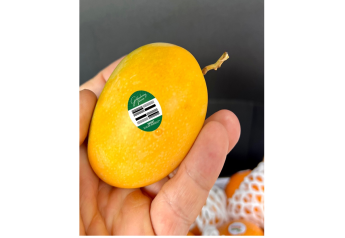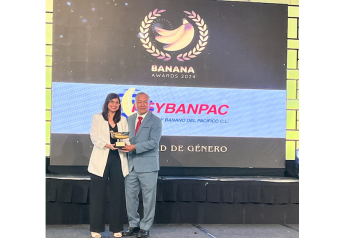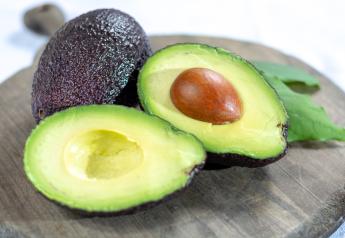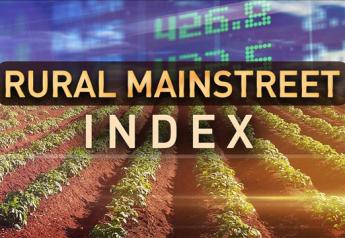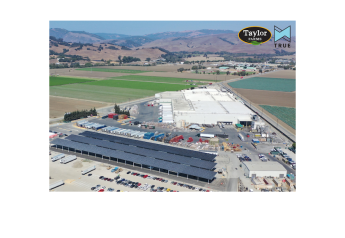Growing specialty crop farm thrives with conservation at its core
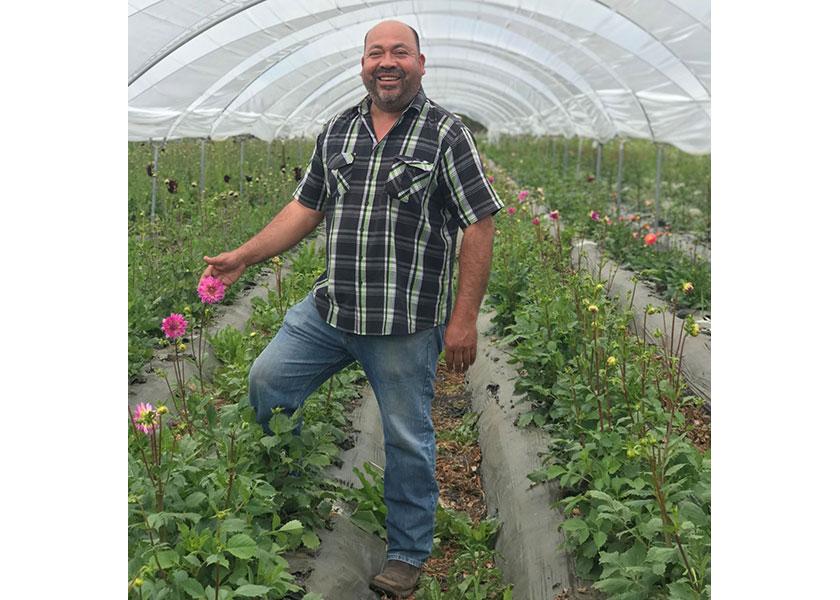
Editor’s note: America’s Conservation Ag Movement has embraced farmer-to-farmer knowledge transfer as a key pillar in the strategy to accelerate the adoption of climate-smart management practices. At the center of the farmer learning communities, exceptional farmers have stepped forward to lead these efforts in their communities. These individuals are leaders in their own innovation and implementation of practices and programs that fit for their unique farm operation and help achieve the goal of continuous improvement. This profile is part of a series of that will highlight these Conservation Stewards, their farms, and their conservation practices throughout the year.
As the son of a farmer, Javier Zamora’s stewardship of the land began at a young age. He recalls working on the farm and picking berries for his father at just 7 years old in his hometown of Zamora, Michoacan, Mexico. Zamora’s life in Mexico was much like other immigrants’ lives before coming to the United States: difficult and marked by a need to survive met with entrepreneurial spirit. He prioritized work over school to help feed his family until he was able to come to the U.S. at the age of 19.
Working his way up the ladder in the Los Angeles restaurant industry, Zamora picked up knowledge and understanding of people and food along the way. After a few years, Zamora was living the American dream—he was progressing at work, got married, started a family, owned property, invested a little money—until the housing market crash of 2007. “I truly lost it all, even my house,” Zamora says.
But there was a spark inside of him, the same entrepreneurial spirit he had as a child, that pushed him forward. In an effort to start over, Javier and his wife moved their family out of L.A. and into the valley. He began to pursue an education, first, his GED, then started college at 43. His love for producing food led him to his current home of Watsonville near Santa Cruz, in the rich agricultural region of the central coast of California.
Zamora spent 11 months in an agricultural learning program through a local non-profit called the Agricultural and Land-Based Training Association. After graduating, he hit the ground running, making connections and starting to build his 1.5-acre farm. Today, that 1.5-acre lot has grown to over 100 acres, hosting the production of organic strawberries, raspberries, blackberries, vegetables, and flowers. Zamora is still learning every day, now he wants to pass that knowledge along. As a Conservation Steward with America’s Conservation Ag Movement, Zamora is determined to help share tools and lessons he has learned with a new generation of farmers.
Trust In Food: How long have you been conducting conservation stewardship practices and programs? What new things have you been trying in the last year?
Zamora: I’ve had my own business for 10 years. From the very beginning I’ve been utilizing these practices. Over time, I have increased the amount of acreage that I cover crop, decreased the amount of tillage, increased the amount of hedge rows around my field, increased the amount of compost that I’m adding to my soil or to my fields on a yearly basis. I think as time goes by and as more resources are available, we can definitely do things better, but it’s not necessarily something new every single year. There are new tools that we can utilize but the core practice of conservation is taking care of your soil, your water, your surroundings. But we must make sure that we share those practices with new farmers.
Trust In Food: What does the term “climate-smart agriculture” mean to you?
Zamora: It’s an excellent tool for organic farmers, for any farmer. I think conservation is a tool that everyone must utilize in order to succeed and produce healthy vegetables, take care of our environment and perhaps increase yields.
Trust In Food: What other opportunities do you see on your farm or the farms around you?
Zamora: One thing I’m really excited about is the new tools becoming available for organic weed control, such as electric automated tractors, especially the smaller machines that can be utilized for smaller farmers. That excites me a lot. Even though I am an older, mid-generation farmer, it gives me great hope for future generations that the technology presented today will be an excellent tool for the future.
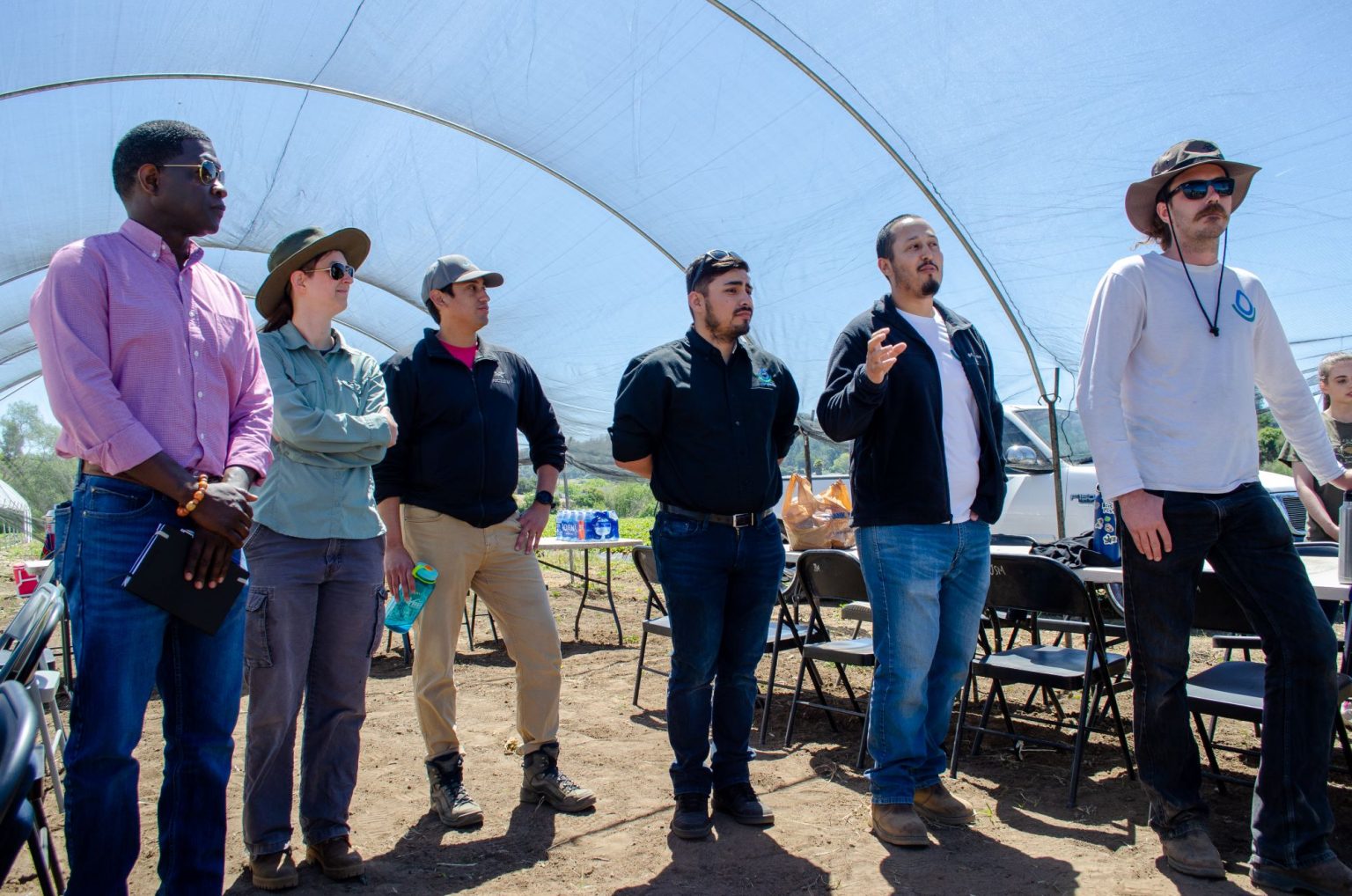
Trust In Food: Why did you want to become an ACAM conservation steward?
Zamora: I’m a conservationist by heart. Conservation is part of my life; it’s in my daily routine. I see the new farmers showing interest in what these conservation practices are and how they can integrate those into their business and again, and it’s an excellent tool to succeed. ACAM events like the Farmer Learning Events, Field Days, and Community Events are extremely important because it teaches you how to be a better farmer. We talk about how to take care of your natural resources, how to take care of your organic matter, how to control weeds and how to deal with some of the challenges in farming. It’s important to share the knowledge we have as a group, and perhaps for me to share some personal knowledge as well. This is an excellent opportunity for me to contribute to the new farmers and teach them the ropes. We need to teach the new generation how to use the tools that we’ve been using for a while that we know are effective and efficient, not only in order to for them to succeed but to also take care of our environment.
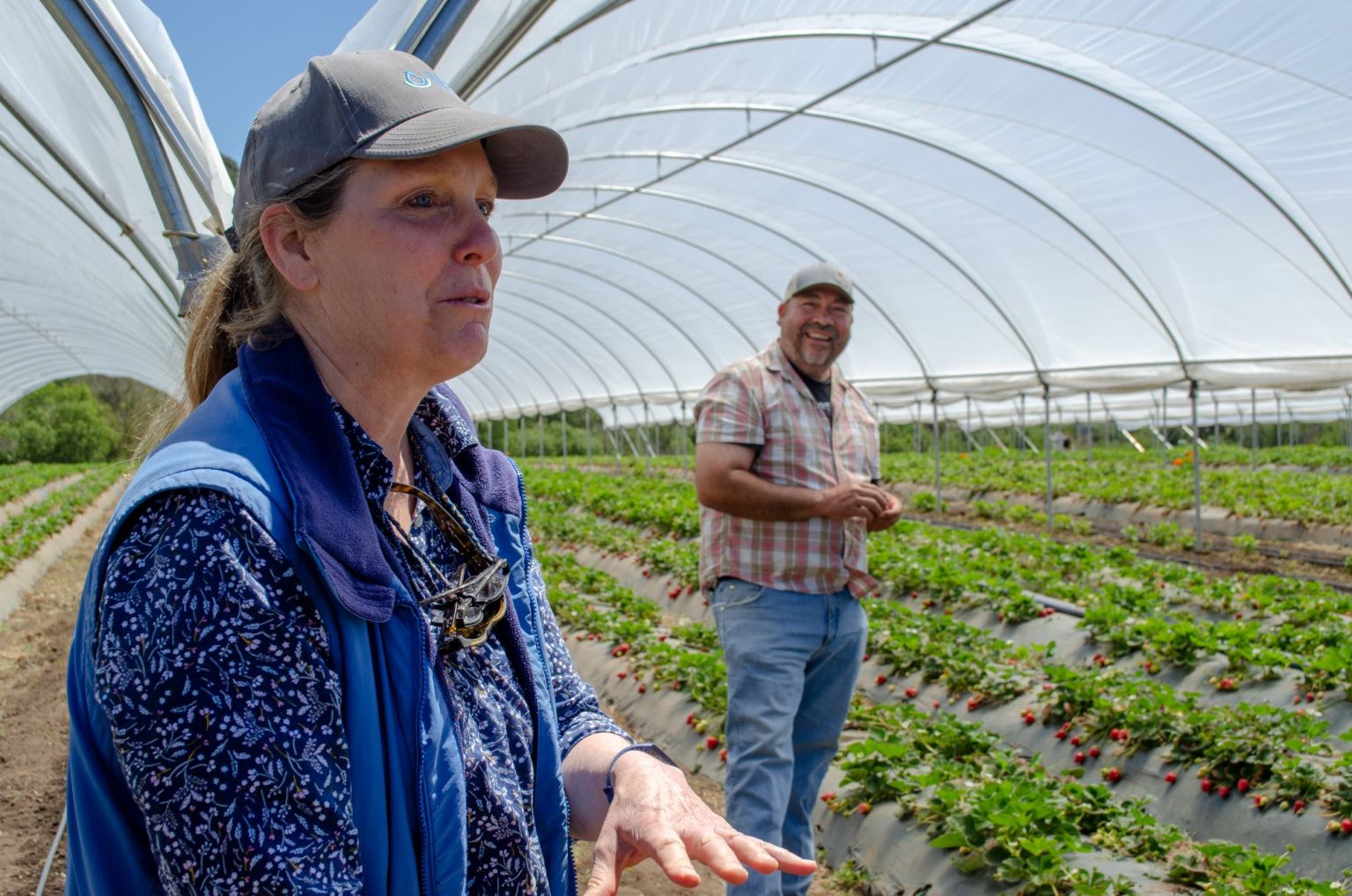
Trust In Food: What state or local organizations have helped you in identifying opportunities or helped you implement practices and programs? What other organizations are you affiliated with?
Zamora: I’ve worked with ALBA, the USAIN Station, California FarmLink, Kitchen Table Advisors, USDA’s FSA and NRCS. From the second I started at just 1.5 acres, I’ve had NRCS involved with my operation. The EQIP program has been an incredible tool for me, and a source of knowledge and financial help for every field that I’ve ever put crops on. I remember having NRCS on my farm when I was acquiring a new space, they gave me their input and told me that my space was too big, I was growing too much, it was too hilly, etc. My conservationist had a lot of challenges for me, but he helped me figure out the soil types and we got into the various conservation practices I needed to do. Every piece of land that I lease or own, there has been someone from NRCS involved to support me, whether it’s erosion control, getting high tunnels, drainage, building reservoirs, you name it.
Trust In Food: What advice would you give other farmers as they continue to consider scaling climate-positive practices?
Zamora: The first thing I’d tell them Is I’m available for you. I’m a resource for you to come and see what I do. I’ll share my experience to make sure that you can stay in the game. Second, I’d say don’t be afraid to try. Don’t be afraid to cover crop a half-acre to an acre in the middle of summer. It’s totally doable in the middle of the summer. For example, let’s say you normally grow zucchini and tomatoes; and the price of those crops are cheap during July, August, and September. If you want to do some cover crop on that acre in those months, maybe even just July and August, or August and September. The biomass that you’re going to grow of a cover crop in the summer is going to be huge; as good or better than if you had done it in the wintertime. I know a lot of people in our area, during that rainy winter season here in Watsonville, want to make sure they have their strawberries planted over winter, so cover cropping in summer is a way around that. There are techniques and tools, but you have to try it, be willing to make the change and be ready do a little trial and error. There might be a few errors here and there but ultimately it will be a win-win situation for you and your operation, and it is also a win for the future of our farming community.


